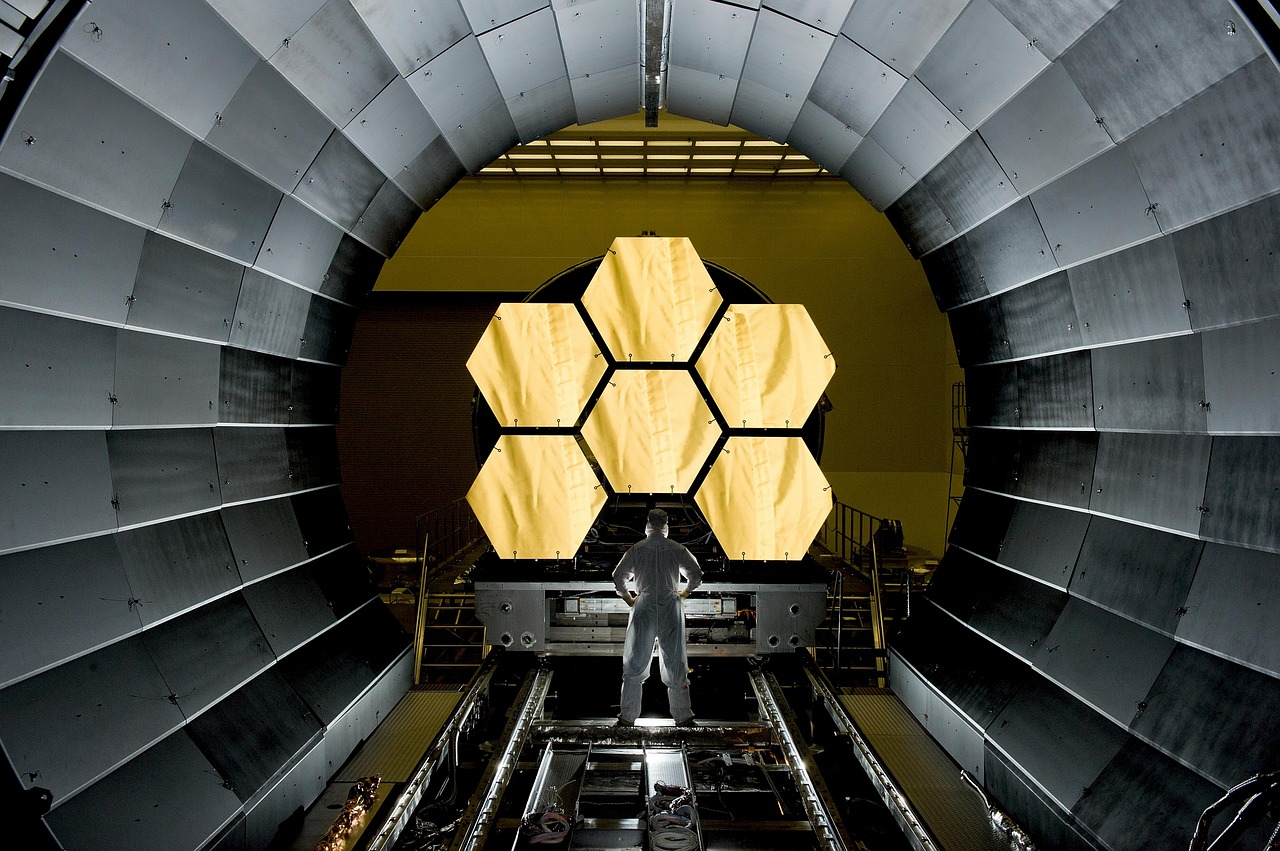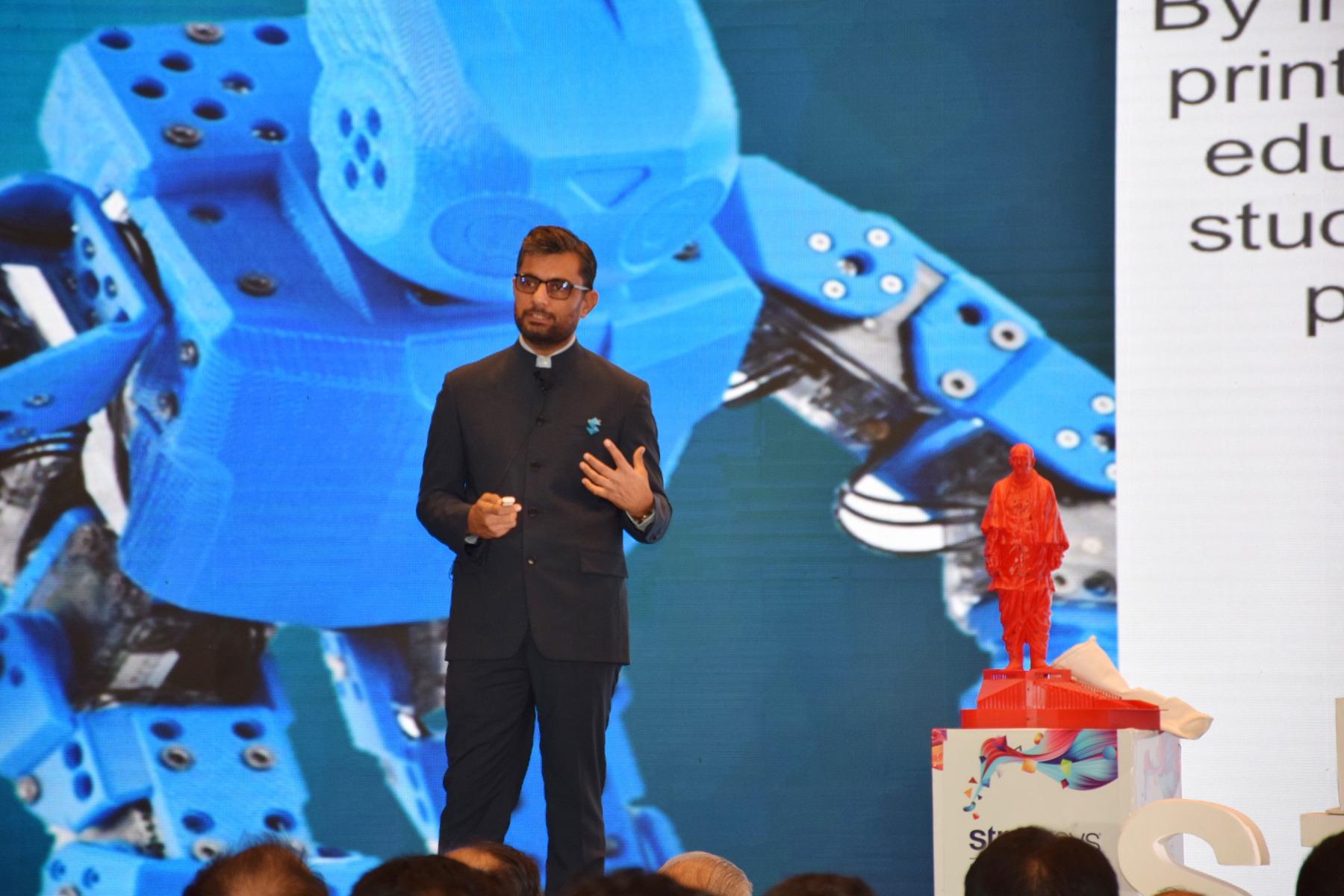Why the Manufacturing Industry Needs Cybersecurity ?

Cybersecurity is a leading concern for millions of businesses across all kinds of industries today.
. As prevalent as this need is, when you hear “cybersecurity,” the manufacturing sector probably doesn’t come to mind. Manufacturers may not work on computers all day, but they still need cybersecurity.
When you think of cybersecurity, you may think of sectors like finance or government agencies. Manufacturing doesn’t seem like the kind of industry cybercriminals would target, and that’s part of the issue. Many manufacturers may not realize how critical cybersecurity is for their operations until it’s too late.
Why is modern manufacturing a target for cybercrime? Here’s a closer look.
More Interconnectivity Means More Vulnerability
As Industry 4.0 keeps growing, factories are becoming more digitized. The industrial IoT market is worth more than $77 billion, and spending on these technologies keeps rising. Smart factory technologies are an indispensable resource, but they can also make facilities vulnerable.
The rising number of IoT devices means two things for cybercriminals — more data and more entry points. With each new internet-connected device, you add another potential gateway to your network. Since these systems are all interconnected, if a hacker accesses one point, they could use it to get to anything else in the network.
An IoT-enabled mechanical arm may not store any valuable data for a hacker. If that arm is on the same network as a file containing intellectual property, however, it becomes a useful doorway for hackers. Without securing these IoT devices, manufacturers put themselves at risk.
Manufacturers Are Inexperienced in Cybersecurity
Industry 4.0 is a recent trend, so most manufacturers don’t have a lot of experience with cybersecurity. Since these issues haven’t been a problem in the past, employees and owners alike are unfamiliar with cybersecurity industry standards. Even companies that understand that cybercrime is a risk may not know how to address it.
This inexperience can mean that manufacturers don’t know the signs of an attack. On average, it takes roughly 140 days to recognize a cyberattack, giving criminals plenty of time to steal sensitive data. Without further security training, this trend could lead to substantial losses.
A lack of experience also makes manufacturers a more tempting target for cybercriminals. Since the industry has a lot of valuable data and isn’t used to securing it, it’s low-hanging fruit for hackers. Manufacturers need to turn to cybersecurity experts for help given their inexperience.

Cybercriminals Are Targetting Manufacturers
These issues aren’t just hypothetical, either. According to one report, half of all destructive malware attacks happened in the manufacturing industry in 2018. Since these attacks cost $239 million on average, that’s reason for concern.
One study found that 40% of manufacturers have experienced a cyberattack in the past year. Of that 40%, 38% lost more than $1 million in damages from the experience. These statistics are too substantial for any manufacturer to ignore, but there is hope.
Cybersecurity tools and processes that can stop these threats already exist and are accessible to manufacturers. When the industry realizes the need to mitigate these risks, they have the resources to do so. Securing the connected factory isn’t impossible. Manufacturers just need to awaken to the need first.
Industry 4.0 and Security
The evolution of industry 4.0 is inevitable, but manufacturers need to make the shift safely. There are countless benefits to the industrial IoT, but these won’t help much if cyberattacks compromise them. It’s essential that as manufacturers adopt new technologies, they also establish new security protocols to protect them.
Cybersecurity may not be a recent issue, but it’s new to many manufacturers. As the industry evolves, so do the threats that face it, but with attention and action, companies can prevent these incidents from happening.
Author
Mr Martin Banks
Editor in Chief – Modded





